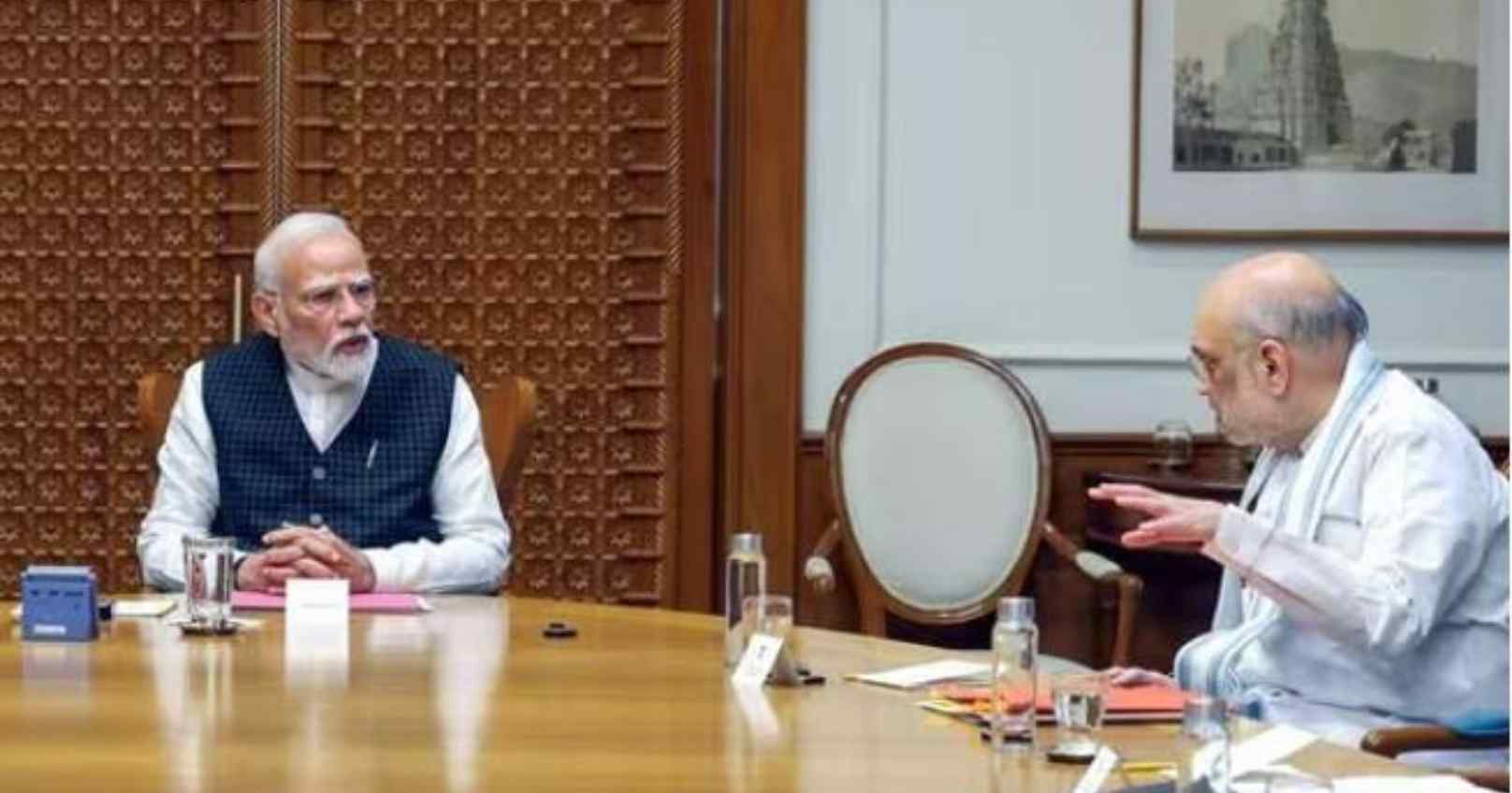In the aftermath of the brutal terror attack in Pahalgam that left 26 people dead, including one foreign national, India’s top security panel, the Cabinet Committee on Security (CCS), has announced a series of stern measures targeting Pakistan. The decisions come in response to credible evidence of cross-border involvement in the assault.
Water Pact Suspended Amid Growing Tensions
One of the most significant steps taken was the indefinite suspension of the Indus Waters Treaty—an agreement between India and Pakistan brokered by the World Bank in 1960. Despite surviving three wars between the nations (1965, 1971, and 1999), the treaty has now been halted for the first time.
Foreign Secretary Vikram Misri, addressing the media after the CCS meeting, said, “The attack occurred just as Jammu and Kashmir was showing signs of peace, successful elections, and economic revival. It is clear this act was meant to disrupt that progress.”
According to Misri, the Cabinet Committee on Security resolved to act decisively. “India cannot continue cooperation in the face of sustained terror operations launched from across the border. The time has come to reassess our engagement.”
Comprehensive Measures Announced
In addition to halting the water-sharing agreement, the government has taken the following actions:
-
Attari-Wagah Border Closed: The Integrated Check Post at the Attari-Wagah crossing is shut with immediate effect. Pakistani citizens who entered India with valid documents must return through the same route before May 1, 2025.
-
SAARC Visa Exemption Scheme Cancelled for Pakistan: Pakistanis will no longer be eligible for visa-free entry under the SAARC Visa Exemption Scheme (SVES). All previously issued SVES documents for Pakistani nationals are invalidated. Those currently in India under this scheme must leave within 48 hours.
-
Military Personnel Expelled: Pakistan’s naval and air attachés posted in its New Delhi High Commission have been declared persona non grata and ordered to leave within a week. India will also recall its own defence advisors from Islamabad. Related support staff will be withdrawn from both missions immediately.
-
Diplomatic Staff Reduction: Both countries will reduce the staff at their respective High Commissions to 30 people from the current 55 by May 1, 2025.
Foreign Secretary Misri emphasized that the security apparatus across the country has been instructed to remain on high alert. He added, “India will relentlessly pursue those responsible for the attack and ensure their backers are held accountable. Just as we secured the extradition of Tahawwur Rana, we will track down and bring to justice anyone who planned or enabled this attack.”
Minister Backs Action on Indus Treaty
Union Minister for Water Resources, CR Paatil, voiced support for the CCS decision, recalling earlier warnings from Prime Minister Narendra Modi and Home Minister Amit Shah. “In the past, we issued warnings. This time, we are acting. The Indus Waters Treaty suspension is the right call,” he said.
Understanding the Treaty’s Importance
The Indus Waters Treaty governs six rivers shared between the two nations. Under the terms, India controls the Ravi, Beas, and Sutlej, while Pakistan has rights over the Indus, Jhelum, and Chenab. Despite the fraught India-Pakistan relationship, the agreement had endured for over six decades and was seen as a rare symbol of cooperation.
Following the 2019 Pulwama attack, Prime Minister Modi had declared, “blood and water can’t flow together,” although the treaty remained intact at that time. The current attack, however, claimed by The Resistance Front—a known proxy of the banned Lashkar-e-Taiba—has prompted India to act.
Experts have long warned that Pakistan faces a looming water crisis due to mismanagement, climate change, and population growth. The suspension of the Indus Treaty is expected to intensify the pressure.
Pakistan has previously indicated that any move to withdraw from the agreement would be viewed as an act of aggression. India’s latest action underlines New Delhi’s growing frustration with Islamabad’s continued use of terrorism as a strategic tool.
SAARC Visa Exemption Scrapped
India’s move to revoke the SVES for Pakistani nationals will impact individuals across 24 official categories including lawmakers, judges, senior bureaucrats, athletes, businesspeople, and journalists. These special travel privileges have now been cancelled, marking a sharp downturn in bilateral exchanges under the SAARC framework.







